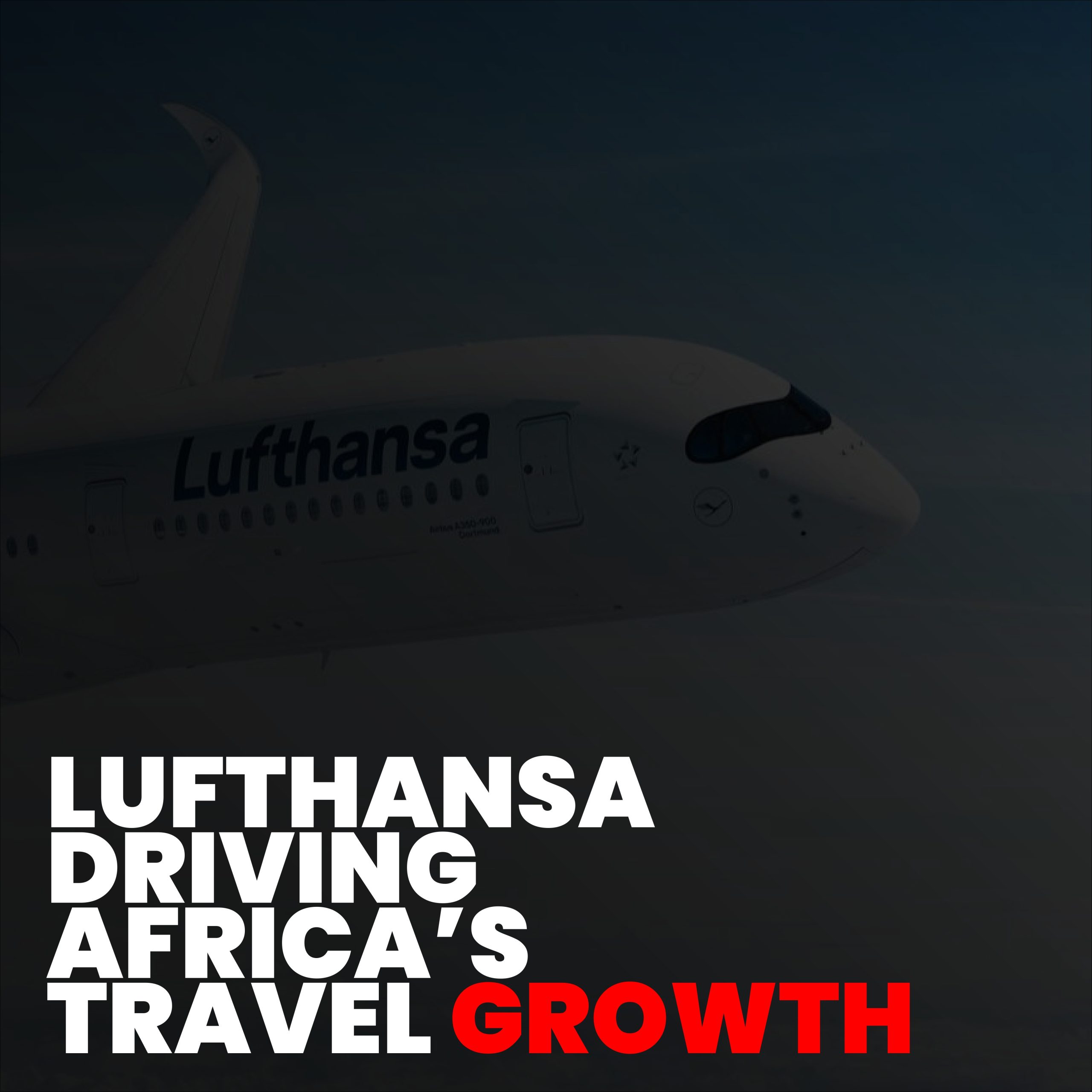
South African Passport Fees in 2025: 5 Key Facts You Must Know
South African Passport Fees in 2025: 5 Key Facts You Must Know
The cost of obtaining a South African passport is under renewed scrutiny as citizens prepare for the 2025 application cycle. While no new fee increase has been officially announced for 2025, the impact of the 50% price hike introduced by the Department of Home Affairs in 2022 continues to affect thousands of applicants.
The South African passport fees have reached record highs, making international travel less accessible for low- and middle-income families. As inflation and service delivery challenges persist, many are questioning whether the pricing model reflects transparency, equity, and public service values.
South African Passport Fees: The 2022 Hike and Its Lasting Impact
In 2022, the Department of Home Affairs implemented a 50% increase in passport fees, citing rising operational costs and the need to modernize systems. The standard 32-page passport for adults rose from R400 to R600, while the 48-page urgent passport now costs over R1,500.
This sharp increase made South African passports among the most expensive in Africa, despite ongoing issues with processing delays, lost documents, and limited overseas consular services.
A Fee Increase Without Service Improvement
While fees went up, service delivery did not. Long queues, system failures, and bureaucratic inefficiencies remain common complaints. As noted in public feedback, “Paying more should mean better service — but that’s not what we’re getting.”
As highlighted in a governance review by Government of South Africa – Department of Home Affairs, “Public trust in administrative services depends on fairness, accessibility, and accountability.”

Fact #1: Fees Have Not Changed in 2025 — But Pressure Is Building
As of early 2025, the South African passport fees remain at the same level set in 2022. However, with inflation exceeding 6% and the rand under pressure, there are growing concerns that another increase may be on the horizon.
Citizens are calling for greater transparency around the fee structure and a clear breakdown of how funds are used to improve services.
Transparency Over Speculation
Without clear communication, rumors and frustration grow. The government must proactively address public concerns to maintain trust in vital civil services.
Fact #2: Children’s Passports Are Also Affected
The fee increase applies to minors as well. Parents now pay R600 for a child’s passport — a significant cost for families, especially when multiple children are involved.
Unlike in some countries, South Africa does not offer reduced or free passports for children under 12, making international travel a financial burden for many.
Fairness in Family Travel
Introducing tiered pricing or family discounts could make the system more equitable and accessible.
Fact #3: Processing Delays Undermine Value for Money
Many applicants report waiting weeks — even months — to receive their passports. Some have missed flights, job opportunities, or family events due to delays.
When South African passport fees rise without a corresponding improvement in speed or reliability, it creates a sense of injustice among citizens.
The Cost of Waiting
Time is a form of currency. Long processing times effectively add an invisible cost to an already expensive service.
Fact #4: Vulnerable Groups Are Disproportionately Affected
Low-income applicants, the elderly, and those in rural areas face the greatest challenges. Limited access to offices, digital illiteracy, and high courier fees for document return add to the burden.
For many, the passport is not just a travel document — it’s a gateway to work, education, and family reunification abroad.
Access Should Not Depend on Income
Basic civil services must be affordable and accessible to all, regardless of economic status.
Fact #5: Public Trust Is at Stake
The South African passport fees issue is not just about money — it’s about trust in government institutions. When citizens feel they are paying more but receiving less, faith in public service erodes.
Recent controversies — from the attempted interdiction of a royal wedding to false accusations against Archbishop Makgoba — show that public scrutiny of state actions is growing.
Rebuilding Confidence Through Reform
Improving efficiency, expanding digital services, and ensuring fee structures are fair and justified can help restore public confidence.
Conclusion: A Call for Fairness and Accountability
The South African passport fees debate is about more than cost — it’s about dignity, access, and good governance. While the 2022 increase stands, the government has a responsibility to ensure that every rand paid delivers real value.
As South Africans plan their travel in 2025, they deserve clear information, reliable service, and a system that treats all citizens equally — not just those who can afford to pay more.
For deeper insights on governance and public services, read our analysis: Good Governance in South Africa – Challenges and Solutions.


